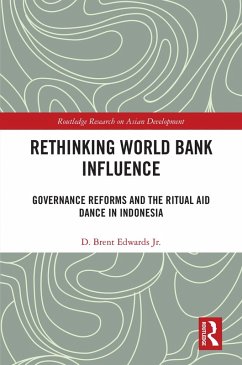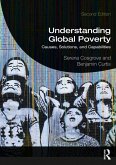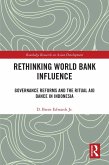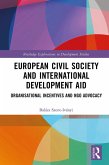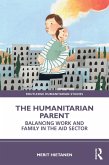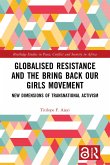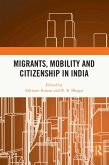The central argument is, first, that the programs and projects of international organizations are introduced into and are constrained by multiple layers of ritual governance, that is, performative acts and cultural logics that intersect with and reinforce the political, economic, and social structures in and through which they operate. As is shown, the contextual factors that guide governance practices are largely beyond the reach of the international development organizations; the relevant logics have their roots in state ideology but also extend back to the colonial logics that continue to operate at the heart of the state apparatus.
The second the central argument is that international aid organizations and the governments with which they work are engaged in a "ritual aid dance" where each actor plays a part but does not (and cannot) acknowledge the ways that it depends on the other for its own gain. This relationship can be considered a dance because each participant responds to and needs the other, and because both sides do so in ways that are carefully choreographed, with the overall trajectory or contours of the dance being more or less known to the participants.
These arguments are based on research on the World Bank's efforts over the course of several decades to encourage, through its financing, projects, and technical assistance, the implementation of social sector reform in Indonesia related to decentralization, community participation, and school-based management.
Dieser Download kann aus rechtlichen Gründen nur mit Rechnungsadresse in A, B, BG, CY, CZ, D, DK, EW, E, FIN, F, GR, HR, H, IRL, I, LT, L, LR, M, NL, PL, P, R, S, SLO, SK ausgeliefert werden.

